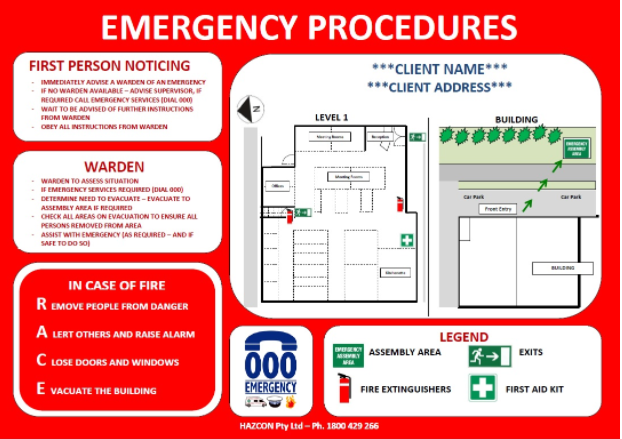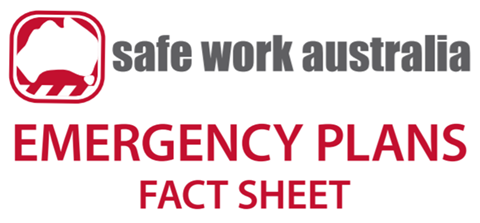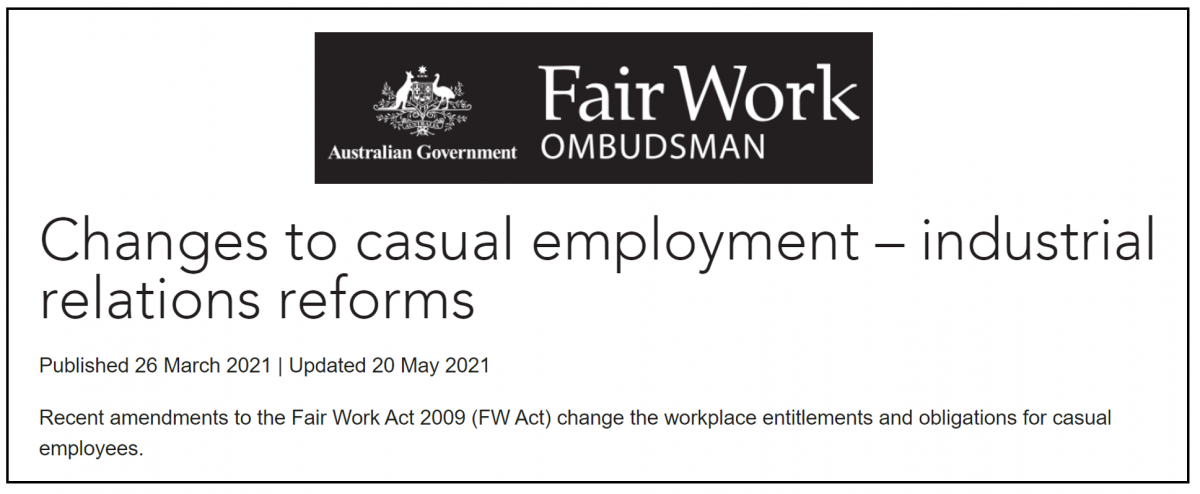Consultation is something most of the Retirement Village Acts around the country refer to as being a useful practice to achieve change.
However, in my experience the consultation process can be an area of misunderstanding and even result in disputes between operators and residents.
In a recent newsletter put out by Office of Ageing Well – SA they shared some great considerations around consultation, included below.
“Consultation in its most basic meaning is the act or process of formally discussing something. Discussion means the act or process of talking about something in order to exchange ideas”.
It is worth noting consultation, as an act, does not have the same meaning as an announcement (a public statement of fact, occurrence or intention) nor is it a negotiation (a discussion aimed at reaching an agreement).
Keeping residents fully informed about what is happening in the village and providing opportunities for them to provide feedback and ask questions is vital to creating trust, preventing misunderstandings or disputes, and creating a harmonious community.
Why is Good Consultation Important in Villages?
Good consultation practices include three main areas:
- Making residents aware of the matter that is being discussed
- They are given a proper opportunity to express their views
- That these views are taken into consideration when a decision is made
It is recommended that the matter which residents are being consulted about, is provided in writing prior to a discussion, so as to allow residents to consider and discuss the proposal with each other and family members.
It can also be useful to follow up written consultation with individual/s and/or group meetings to allow residents to discuss options, ask questions or to clarify any issues which may be causing confusion.
Office of Ageing Well also provided some great tips below, they suggest you do for improving consultation practices. These are all ones I can fully endorse. You may want to consider including these activities in your annual consultation plan to do several times a year.
Improve the level of resident satisfaction, by increasing the number of opportunities provided for residents to have their say
- Make consultation a habit
- Keep in touch with your residents on a regular basis
- Aim for dedicated Q&A sessions on a regular, planned basis
- Embrace positive and negative feedback—you will learn from it. Don’t ignore feedback or dodge complaints.
- Find out what aspects of life in the village are most important to the residents and then measure how well these are achieved
- Consult before making changes and before any decision is finalised, otherwise it is not consultation, merely information provision
- Very early on in my career in this sector I learnt the importance of regular, transparent, honest and two-way communication.
I always tried to recognise the community is the residents’ home and therefore they should have the opportunity to input into how their community is being shaped.














